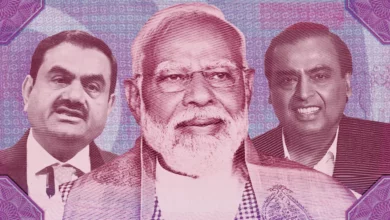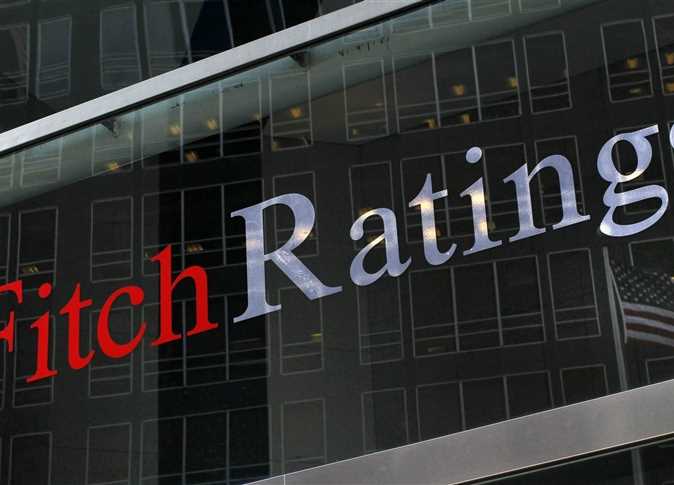CAIRO – Egypt’s benchmark stock index fell sharply early Monday, dragged down by investor panic after the country’s capital was engulfed by violent clashes not seen since the revolution that ousted former President Hosni Mubarak in February.
The Egyptian Exchange’s EGX30 index dropped by over 5 percent within minutes of the start of the trading session, but rebounded slightly to a roughly 3 percent drop by 11:10 am local time. The drop was fueled by violent clashes overnight between minority Coptic Christians, majority Muslims and security forces – an eruption of the sectarian tensions that traders feared presented the country with its gravest challenges yet since the revolution.
“There was already a sense of panic and, after last night’s events, we expect declines today, tomorrow and going forward for a while,” said Khaled Naga, a senior broker with Mega Investments. “Things are lousy.”
“This is the most dangerous situation that has happened since the revolution,” said Naga. “Everyone [in the market] is thinking like this.”
The declines pushed the index’s year-to-date losses to over 45 percent so far and offered a window into the battering Egypt’s economy has sustained since the start of the 25 January revolution. Traders were skeptical the rebound would hold.
The country – the Arab world’s most populous – has seen economic growth contract sharply since the start of the uprising, with key foreign revenue sources like tourism and foreign direct investment hit particularly hard.
Further unsettling investors and wreaking havoc with revenues are near daily protests and strikes, most recently involving air traffic controllers at Cairo’s international airport. The labor minister recently warned that such labor movements, which are driven by demands for higher pay, are bankrupting the country.
The unrest comes at a critical time for Egypt as the country’s military rulers are increasingly under fire for what critics maintain is moving too slowly with promised reforms and elections that will lead to an elected, civilian government.
The lack of clarity on the political scene is muddying the economic situation. The country has already depleted over 33 percent of its net international reserves since December, at least in part to support the Egyptian pound.
The government is also facing a widening deficit – a fiscal shortfall that will likely come from donor nations. The oil rich Gulf Arab states have pledged about US$7 billion in funds, but so far only delivered about $500 million. Meanwhile, Egypt is again discussing the possibility of a loan from the International Monetary Fund – a move that comes just months after it turned down an earlier loan that carried a 1.5 percent interest rate.
Officials, at the time, explained their refusal of the money by saying they did not want to saddle any incoming government with additional debts.




